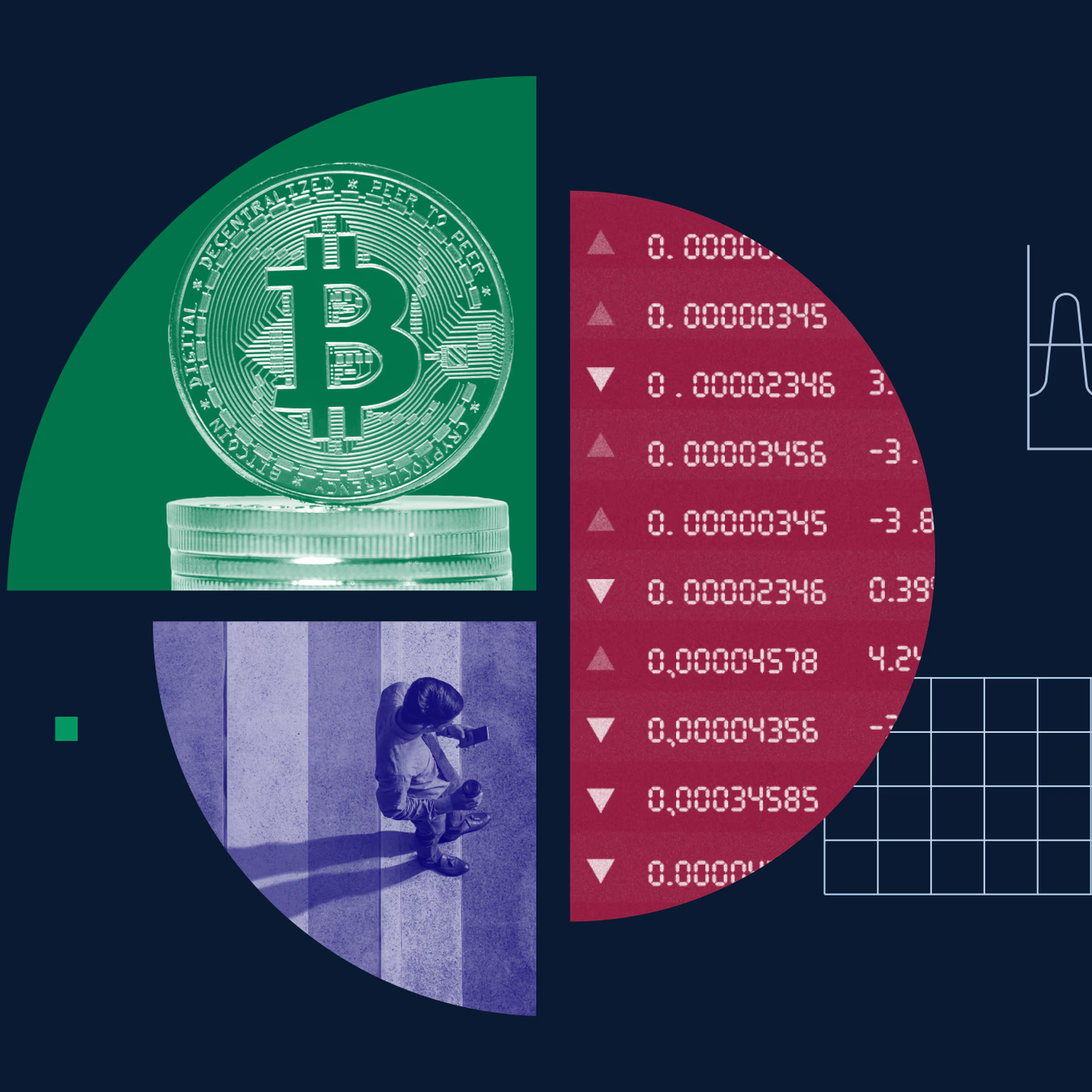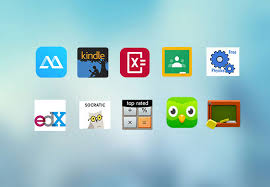Education Apps Market Size to Grow by USD 6.08 Billion from 2025-2029-Technavio
The global education
apps market size is estimated to grow by USD 6.08 billion from 2025-2029, according to Technavio. The
market is estimated to grow at a CAGR of 14.5% during the forecast period.
Growing government initiatives for digital learning is driving market
growth, with a trend towards growing focus on wearable technology.
However, concerns related to data security and privacy in education apps
poses a challenge. Key market players include 2U Inc., 3P Learning Ltd., Age of
Learning Inc., Alphabet Inc., Brilliant Worldwide Inc., Chegg Inc., Coursera
Inc., Duolingo Inc., Epic Creations Inc., Hologo World Inc., IXL Learning Inc.,
Khan Academy Inc., Lumos Labs Inc., Memrise Ltd., Microsoft Corp, Quizlet Inc.,
Sololearn Inc., Udemy Inc., UMU Technology CO. LTD., and WizIQ Inc..
Market
Driver
The education apps
market is thriving with trends like AI chatbots, e-games, blended learning,
personalized learning, and gamification. Science, social studies, STEM
subjects, language arts, and even arts are now being taught through adaptive
learning apps. AI and machine learning are driving the development of
cutting-edge technology in education software. Higher education, K-12,
corporate training, and test preparation are major sectors benefiting from
e-learning. Flexibility and accessibility are key consumer preferences, making
cloud-based and mobile devices essential. However, data privacy concerns and
limited internet accessibility are challenges. Established players dominate,
but innovative startups offer unique features and user engagement through
social learning environments. Education apps cater to various subjects and
levels, providing flexible learning options and progress tracking. Smartphone
penetration continues to drive growth in the digital education space.
Wearable technology
significantly contributes to the education industry by enhancing student
engagement and boosting learning focus. These devices facilitate communication
between teachers and students, enabling the sharing of ideas, implementing
processes, and exchanging feedback. Wearable smart devices, such as
smartwatches and glasses, allow users to download and use educational apps to
learn various subjects. The availability of audio and video files for offline
viewing and cloud storage increases the appeal of these devices for education. Furthermore,
wearable devices' compatibility with smartphones and other electronic gadgets
broadens their reach in the global education apps market.
Market Challenges
- The education apps market is witnessing
significant growth with the integration of AI chatbots, e-games, blended
learning, personalized learning, and gamification. These technologies
cater to various subjects like science, social studies, STEM, language
arts, and more. Adaptive learning apps using machine learning and AI are
popular in K-12, higher education, and corporate training. Gamification
and social learning environments enhance user engagement. Flexibility and
accessibility are key benefits, with cloud-based and mobile devices
enabling learning on-the-go. However, data privacy concerns and market
saturation pose challenges. Established players offer unique features, but
innovative startups continue to disrupt the digital education space with
cutting-edge technology. Limited internet accessibility remains a concern,
especially in rural areas. Progress tracking and test preparation apps are
in demand, along with tutoring and language learning apps. The market is
diverse, catering to consumer preferences, upskilling, and remote learning
needs. Despite challenges, the future of education apps looks promising
with advances in technology and the flexibility they offer.
- The education apps market faces substantial
hurdles due to data security and privacy concerns. These apps collect and
store sensitive student information, such as personal details, academic
records, and usage patterns. This data is valuable to cybercriminals,
increasing the risk of data breaches and unauthorized access. Instances of
privacy violations can damage user trust and lead to legal repercussions
for developers and educational institutions. Additionally, the regulatory
landscape for data protection differs globally, adding complexity to
compliance requirements. Education app developers must prioritize data
security measures and adhere to various data protection regulations to
mitigate risks and maintain user trust.

































Leave A Comment